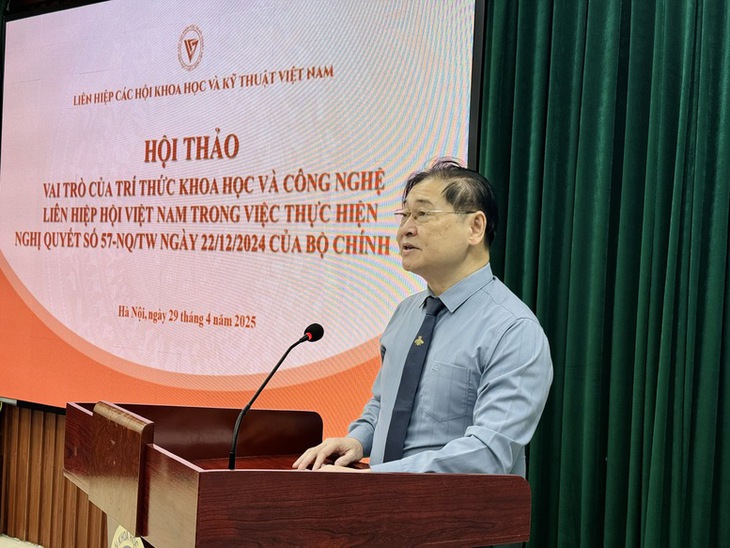
Dr. Phan Xuan Dung, Chairman of the Vietnam Union of Science and Technology Associations, speaks at the conference - Photo: VGP/Thu Giang
On April 29, in Hanoi, the Vietnam Union of Science and Technology Associations (VUSTA) held a workshop on "The role of science and technology intellectuals of the Vietnam Union of Science and Technology Associations in implementing Resolution No. 57-NQ/TW dated December 22, 2024 of the Politburo ".
The workshop aims to clarify the role and responsibility of the scientific and technological intellectual team; at the same time, propose practical solutions to promote the potential and creativity of the intellectual team, contributing to effectively implementing the goals set out in the resolution.
Presenting the draft plan to implement Resolution No. 57-NQ/TW of the Federation of Associations, Deputy Secretary General, Head of the Science and International Cooperation Department of the Federation of Associations, Associate Professor, Dr. Le Cong Luong said: Resolution 57 identifies science and technology, innovation and digital transformation as strategic breakthroughs to bring Vietnam to rapid and sustainable development.
To materialize this spirit, the Association has built solution groups including developing information technology infrastructure, establishing a shared database system, applying artificial intelligence in research and management activities, and enhancing the digital capacity of intellectuals throughout the system.
According to Associate Professor Le Cong Luong, key projects will be implemented in the 2026-2030 period, focusing on developing electronic offices, innovation networks, in-depth training in digital technology and artificial intelligence for members; promoting policy consultation and criticism activities, disseminating scientific and technological knowledge to the community; closely connecting scientists with production and business practices.
The Federation also proposed to develop a monitoring mechanism, periodic reporting and mobilizing social resources to ensure the effectiveness and sustainability of the implementation process.
Dr. Le Xuan Rao, Chairman of the Hanoi Union of Associations, said that in the context of implementing Resolution 57, promoting the role of the scientific and technological intellectual team needs to be associated with innovating the operating mechanism of intellectual associations; it is necessary to consider this not only as a professional social organization, but also as a channel for advising and criticizing strategic policies for the Party and State, especially in the fields of new technology, digital economy and smart urban development.
Non-public science and technology organizations, especially research institutes and science and technology enterprises, are playing an increasingly important role in the research, development and application chain, but have not yet enjoyed commensurate preferential policies.
Therefore, it is necessary to institutionalize the role of this block in the national science and technology development strategy, and at the same time allow the piloting of the "4-party linkage" model (State, scientists, businesses, managers) in implementing research projects to serve localities.
The Hanoi Federation of Associations proposed three main groups of solutions: Proposing to amend the Law on Science and Technology in the direction of expanding autonomy for non-public science and technology organizations, while establishing a mechanism for ordering research from the city government and enterprises; prioritizing investment in facilities, digital platforms and digital skills training programs for intellectuals and scientific staff at member associations; forming an urban-level innovation ecosystem, connecting Hanoi intellectuals at home and abroad with the education system, enterprises and authorities to promote applied research and technology transfer according to the practical needs of the city.
Dr. Le Xuan Rao also stated that it is necessary to pay more attention to gathering and connecting young intellectuals, overseas Vietnamese intellectuals and experts working at international organizations. This is a highly qualified resource, capable of quickly accessing new technology and is an important bridge to help Vietnam integrate more deeply into the global value chain of science, technology and innovation.
Speaking at the workshop, Dr. Nghiem Vu Khai, former Vice President of the Union of Associations, said that in the era of digital transformation and artificial intelligence, in order for Resolution 57 to come into life, it is necessary to build a long-term companionship mechanism between the State and intellectuals, in which the policy approach must be strongly innovated, shifting from "management" to "support", from "orientation" to "liberation".
According to Dr. Nghiem Vu Khai, it is necessary to establish a National Council on Science, Technology and Innovation headed by the Prime Minister, with the participation of scientists, businessmen, representatives of ministries and localities.
At the same time, the revised Law on Science and Technology should add provisions on the social criticism of intellectuals; mechanisms for protecting intellectual property rights and stable financial policies for research activities. Most importantly, it is necessary to create a healthy, democratic academic environment that encourages independent thinking, creativity and innovation, especially for the young generation of intellectuals.
Delegates at the workshop said that in the digital age and artificial intelligence, Vietnamese intellectuals need to further promote their pioneering role in knowledge creation, policy shaping and leading sustainable development. Promoting this role requires innovative policy thinking, accompanying and creating conditions for intellectuals to contribute comprehensively to the cause of national innovation.
Delegates also recommended that the State continue to improve institutions, prioritize investment in science and technology, innovation and digital transformation, and consider intellectuals as strategic partners in building the country's future.
Source: https://tuoitre.vn/phat-huy-vai-tro-tri-thuc-khoa-hoc-cong-nghe-trong-ky-nguyen-so-20250429211335172.htm




![[Photo] General Secretary To Lam attends the 80th Anniversary of the Cultural Sector's Traditional Day](https://vphoto.vietnam.vn/thumb/1200x675/vietnam/resource/IMAGE/2025/8/23/7a88e6b58502490aa153adf8f0eec2b2)






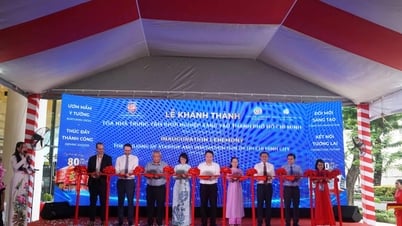

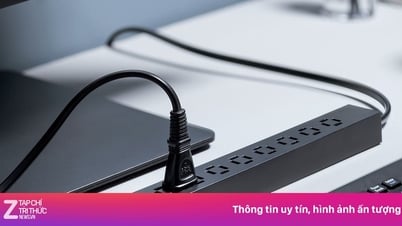


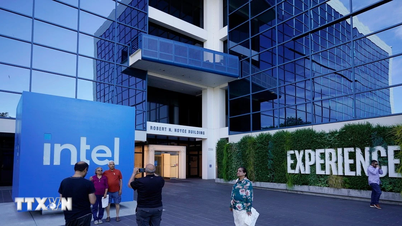






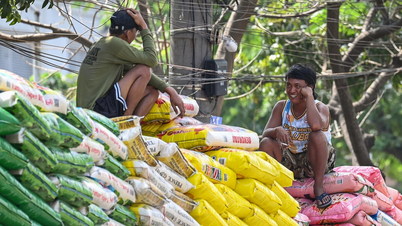
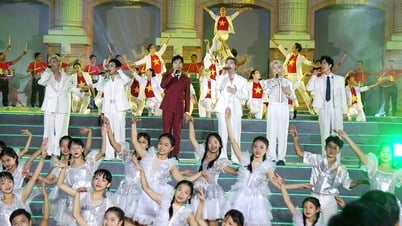

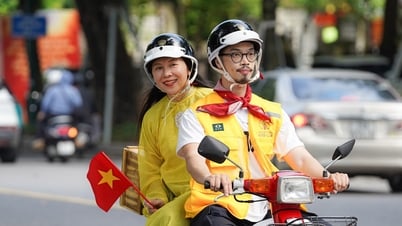
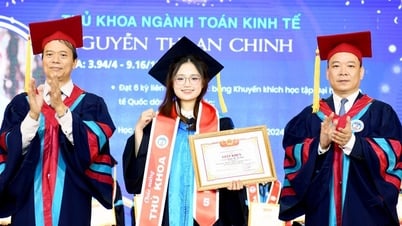
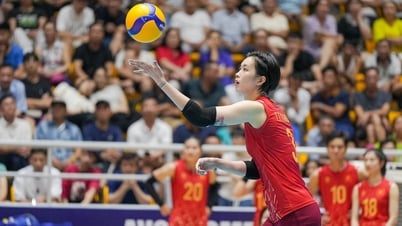
![[Photo] Prime Minister Pham Minh Chinh chairs the meeting of the Government Party Committee Standing Committee](https://vphoto.vietnam.vn/thumb/1200x675/vietnam/resource/IMAGE/2025/8/23/8e94aa3d26424d1ab1528c3e4bbacc45)












































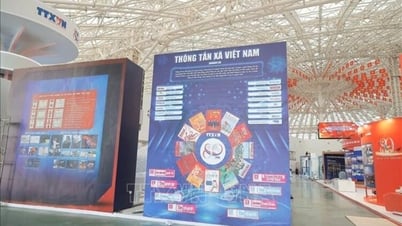

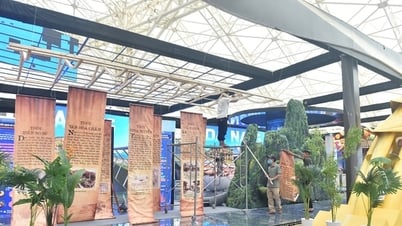
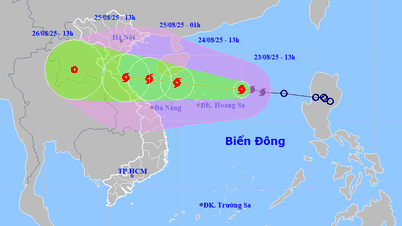



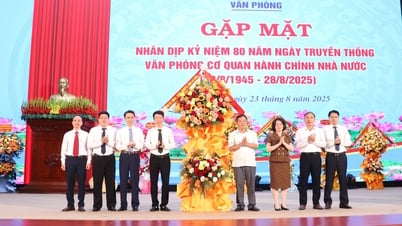














Comment (0)